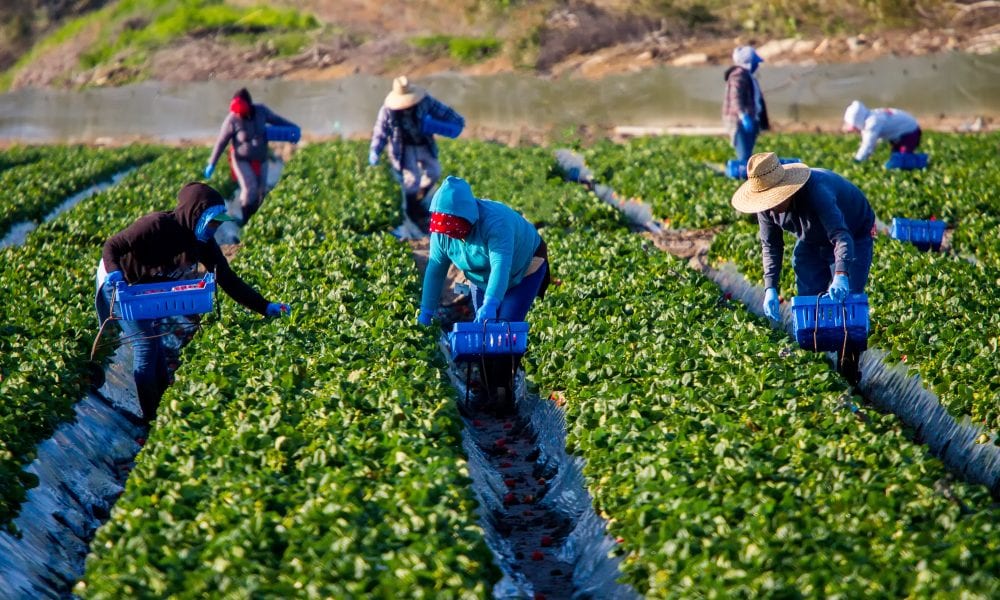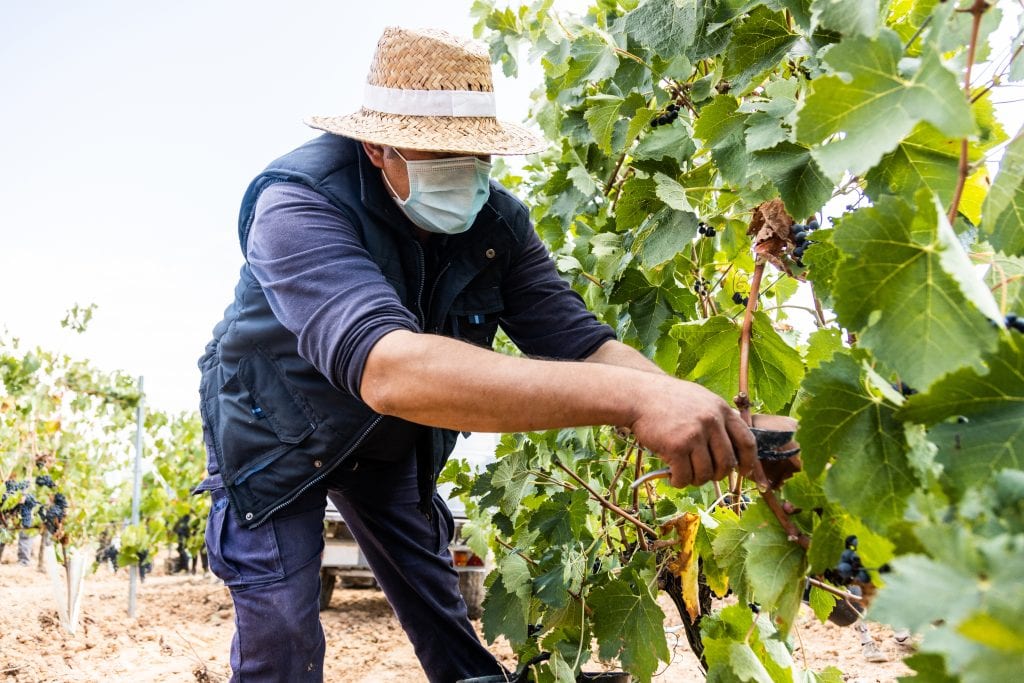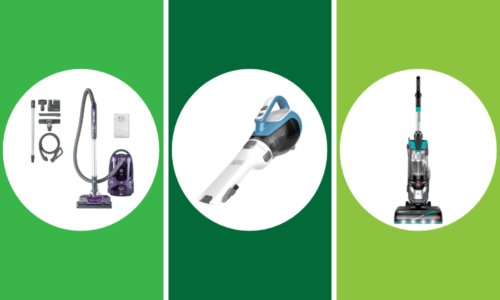California’s Coachella Valley is one of the state’s largest crop-growing regions, known for producing bell peppers, citrus, dates and grapes. In early February, when the Coachella City Council passed an emergency ordinance to provide an additional $4 per hour to essential workers such as employees of grocery stores, pharmacies and restaurants, they opted to include certain agricultural operations as well.
While several cities on the West Coast have begun requiring large grocery store chains to provide “hazard pay” to frontline employees, Coachella decided to include farmworkers in this group. The city council unanimously approved the benefit on Feb. 10.
Coachella’s mayor told the Los Angeles Times that he believes the ordinance marked the country’s first pandemic pay increase for farmworkers — and that it was a much-needed bonus for a hard-hit group of workers.
“We know that COVID has been more prominent in these agricultural communities, and if you look at the mortality rates, a lot of farmworkers have died,” Mayor Steven Hernandez told the L.A. Times. “You can see the devastation.”
A study published by researchers at the University of California, Berkeley, in December 2020 found that California’s agricultural laborers have an increased risk for contracting COVID-19. Researchers pointed out that conditions in which they live and work greatly increase the risk of COVID transmission. Another study, from UC San Francisco, ranked line cooks, packaging machine operators and agricultural workers as the three jobs most associated with risk of death during the coronavirus pandemic.
‘Hero Pay’ For Essential Farmworkers
Coachella’s ordinance is not without controversy. Growers have concerns about the financial burden they’ll have to take on to pay workers more.
“I do not believe it’s prudent to place an additional burden on an industry that is struggling under the weight of the pandemic and is far from out of the woods,” George Tudor, chairman of Tudor Ranch in Mecca, wrote in an email to the council, the Desert Sun reported.
Some suggest that the local government should offer financial assistance.
“If the city is willing to subsidize our hero pay, we would be more than happy to do it,” Celeste Alonzo, general manager of Junior Enterprises LLC in Coachella, wrote to the council, according to the Desert Sun.
The regulation applies for at least 120 days to businesses with 300 or more employees nationally and more than five employees in Coachella.
Coachella’s initial draft of the ordinance did not include farmworkers, but with 8,000 farmworkers living in the valley and studies coming out showing higher mortality rates from COVID-19 for these workers — many of whom live in crowded housing with no ability to quarantine — the city council decided to add them, the mayor told the L.A. Times.
Other cities that passed hazard pay for essential workers (not including farmworkers) were sued by the California Growers Association, which said the pay increases could put grocers out of business, Yahoo Finance reported.









